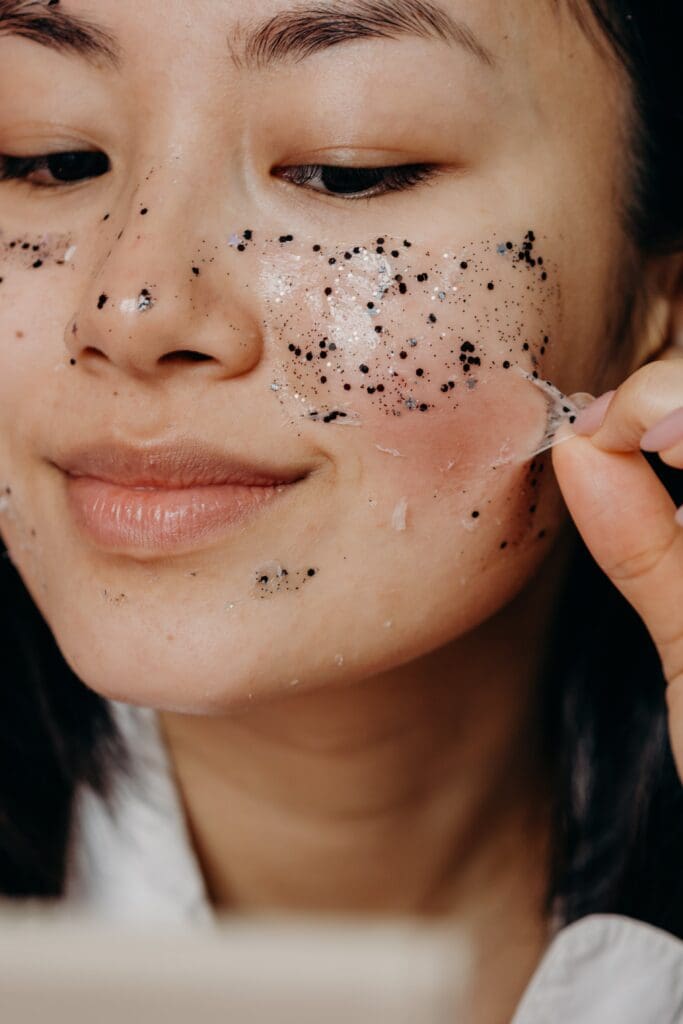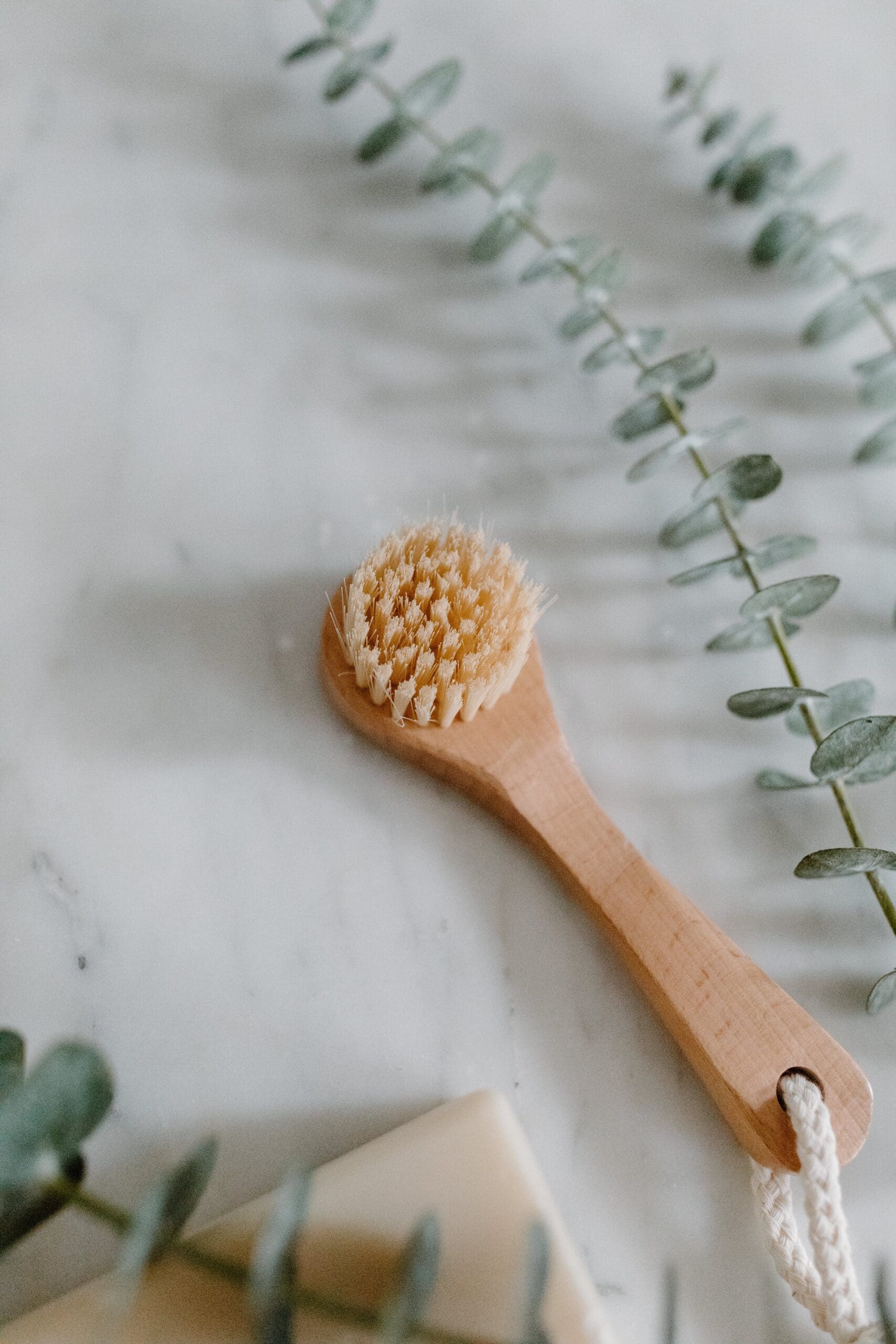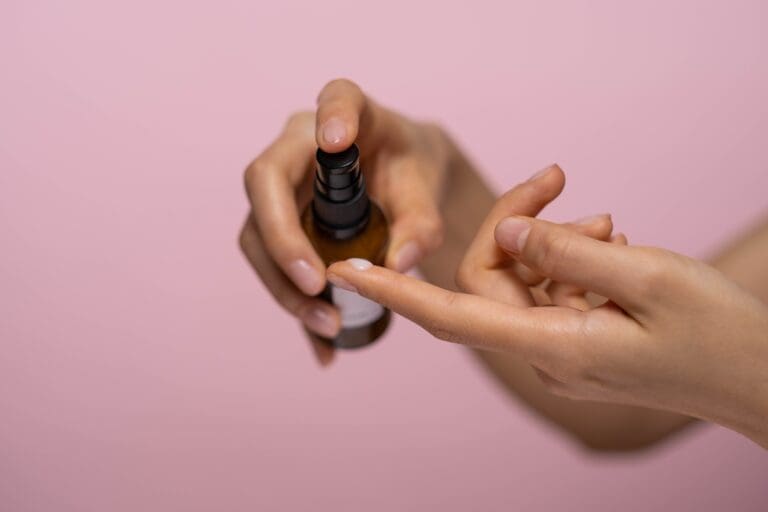A Comparison Between Chemical and Physical Exfoliation
Chemical and physical exfoliation are two common methods of removing dead skin cells from the surface of the skin. While both methods aim to achieve the same result, they differ in their approach and the type of results they produce. Understanding the differences between chemical and physical exfoliation can help individuals choose the method that is best suited for their skin type and their specific skin concerns.
Chemical Exfoliation
Definition and Process
Chemical exfoliation is a method of removing dead skin cells from the skin surface using various types of acids. The process involves applying a chemical solution to the skin, which dissolves the bonds between dead skin cells, allowing them to be easily removed. Unlike physical exfoliation, chemical exfoliation does not require any scrubbing or rubbing of the skin, making it a gentler option for those with sensitive skin.
Types of Chemical Exfoliants
There are several types of chemical exfoliants, including alpha-hydroxy acids (AHAs), beta-hydroxy acids (BHAs), and enzymes. AHAs, such as glycolic acid and lactic acid, are water-soluble and work by breaking down the bonds between dead skin cells. BHAs, such as salicylic acid, are oil-soluble and can penetrate deep into the pores, making them a good option for those with acne-prone skin. Enzymes, such as papain and bromelain, are derived from fruits and work by breaking down the proteins that hold dead skin cells together.
Benefits and Drawbacks
One of the main benefits of chemical exfoliation is that it can improve the texture and tone of the skin, leaving it looking brighter and more radiant. It can also help to unclog pores, reduce the appearance of fine lines and wrinkles, and improve the absorption of other skincare products. However, chemical exfoliation can be more expensive than physical exfoliation and may not be suitable for those with very sensitive skin. It is also important to use chemical exfoliants correctly, as overuse can cause irritation and damage to the skin.

Physical Exfoliation
Definition and Process
Physical exfoliation involves the use of physical abrasives to remove dead skin cells from the surface of the skin. This process works by physically scrubbing the skin with a rough material, such as a brush, sponge, or scrub, to slough off dead skin cells and reveal smoother, brighter skin.
The process of physical exfoliation is relatively simple. First, the skin is cleansed with a gentle cleanser to remove any dirt, oil, or makeup. Then, the exfoliant is applied to the skin and gently massaged in a circular motion. Finally, the skin is rinsed with warm water to remove the exfoliant and any remaining dead skin cells.
Types of Physical Exfoliants
There are several different types of physical exfoliants available, each with its own unique benefits and drawbacks. Some common types of physical exfoliants include:
Scrubs: These are typically made with small, granular particles, such as sugar, salt, or ground nuts, that are massaged onto the skin to remove dead skin cells.
Brushes: These are typically made with bristles or soft fibers that are used to gently scrub the skin and remove dead skin cells.
Sponges: These are typically made with natural or synthetic materials, such as konjac root or foam, that are used to gently scrub the skin and remove dead skin cells.
Benefits and Drawbacks
Physical exfoliation has several benefits, including:
- Smoother, brighter skin: Physical exfoliation can help to remove dead skin cells and reveal smoother, brighter skin.
- Improved product absorption: By removing dead skin cells, physical exfoliation can help to improve the absorption of other skincare products, such as moisturizers and serums.
However, physical exfoliation also has some drawbacks, including:
Irritation: Physical exfoliation can be too harsh for some skin types, leading to irritation, redness, and inflammation.
Over-exfoliation: Over-exfoliating can damage the skin’s natural barrier and lead to dryness, sensitivity, and breakouts.
Overall, physical exfoliation can be a great way to improve the texture and appearance of the skin, but it’s important to choose the right type of exfoliant and use it in moderation to avoid irritation and over-exfoliation.

Key Differences Between Chemical and Physical Exfoliation
Chemical and physical exfoliation are two popular methods used to remove dead skin cells, unclog pores, and improve the overall appearance of the skin. While both methods have their benefits, they differ in several ways.
Method of Action
Physical exfoliation involves the use of a physical tool or substance to physically scrub away dead skin cells. This can include scrubs, brushes, or even microdermabrasion. Chemical exfoliation, on the other hand, uses acids or enzymes to dissolve the bonds between dead skin cells, allowing them to be easily removed.
Intensity
Physical exfoliation can be more aggressive than chemical exfoliation, as it involves physically scrubbing the skin. This can be beneficial for those with thicker, oilier skin, but can be too harsh for those with sensitive or dry skin. Chemical exfoliation, on the other hand, can be tailored to different skin types and sensitivities, as there are a variety of acids and enzymes available at different strengths.
Results
Physical exfoliation can provide immediate results, as dead skin cells are physically removed from the skin’s surface. However, it can also lead to irritation, redness, and even micro-tears in the skin if done too aggressively. Chemical exfoliation can take longer to see results, as it works to dissolve dead skin cells over time. However, it is typically gentler on the skin and can provide longer-lasting results.
Frequency
Physical exfoliation should be done no more than once or twice a week to avoid over-exfoliating the skin. Chemical exfoliation can be done more frequently, depending on the strength of the acid or enzyme being used and the individual’s skin type and sensitivity.
Choosing the Right Exfoliation Method
When choosing between chemical and physical exfoliation, it’s important to consider a few factors to determine which method is best for your skin.
Skin Type
Those with sensitive skin or skin conditions like rosacea or eczema may benefit from chemical exfoliation as physical exfoliation can be too abrasive and cause irritation. On the other hand, those with oily or acne-prone skin may benefit from physical exfoliation as it can help remove excess oil and unclog pores.
Skin Concerns
Chemical exfoliation is typically better for addressing concerns like hyperpigmentation, fine lines, and wrinkles as it can penetrate deeper into the skin. Physical exfoliation is better for addressing concerns like dullness and rough texture as it helps to physically remove dead skin cells.
Frequency
Physical exfoliation should be done no more than once or twice a week to avoid over-exfoliating and damaging the skin. Chemical exfoliation can typically be done more frequently, but it’s important to follow the instructions on the product and not overdo it.
Personal Preference
Ultimately, the choice between chemical and physical exfoliation comes down to personal preference. Some people may prefer the feeling of physical exfoliation, while others may prefer the convenience and effectiveness of chemical exfoliation.








